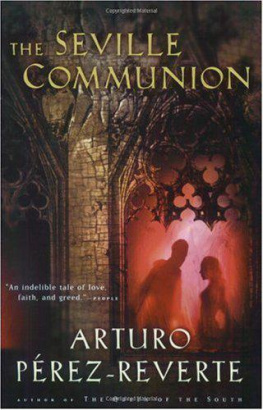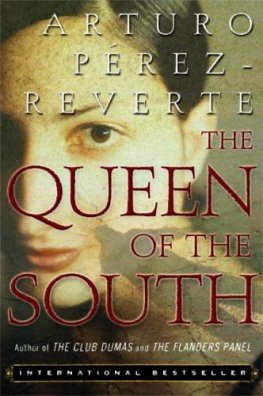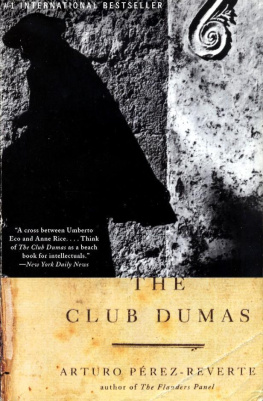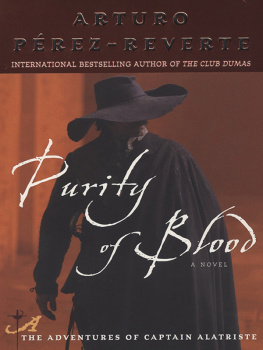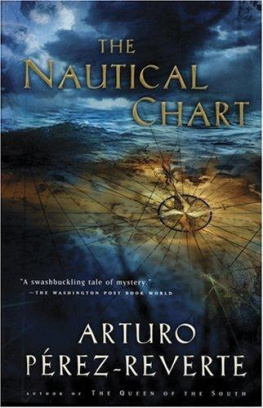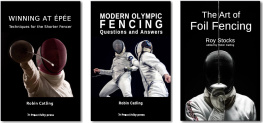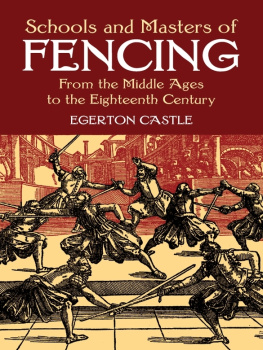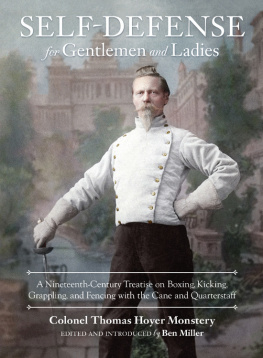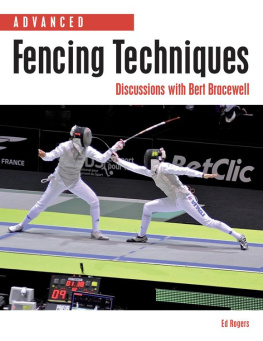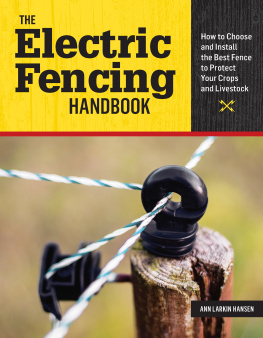Translated from the Spanish
by Margaret Jull Costa
A Harvest Book
Harcourt, Inc.
Orlando Austin New York San Diego Toronto London
For Carlota. And for the Knight of the Yellow Doublet.
Arturo Prez-Reverte, 1988
English translation copyright Margaret Jull Costa, 1998
All rights reserved. No part of this publication may be reproduced or
transmitted in any form or by any means, electronic or mechanical, including
photocopy, recording, or any information storage and retrieval system,
without permission in writing from the publisher.
Requests for permission to make copies of any part of the work should be mailed to
the following address: Permissions Department, Harcourt, Inc., 6277 Sea Harbor
Drive, Orlando, Florida 32887-6777.
www.HarcourtBooks.com
This is a translation of El maestro de esgrima.
Library of Congress Cataloging-in-Publication Data
Prez-Reverte, Arturo.
[Maestro de esgrima. English]
The fencing master / by Arturo Prez-Reverte;
Translated from the Spanish by Margaret Jull Costa.
I. ed.
p. cm
ISBN 0-15-100181-2
ISBN 0-15-602983-9 (pbk.)
I. Costa, Margaret Jull. II. Title.
PQ6666.E765M3413 1999
863.'64dc21 98-35536
Text set in Janson
Designed by Trina Stahl
Printed in the United States of America
First Harvest edition 2000
G I K H F
I am the most courteous man in the world. I pride myself on never having once been rude, in this land full of the most unutterable scoundrels, who will come and sit down next to you and tell you their woes and even declaim their poetry to you.
H EINRICH H EINE, Reisebilder
Contents
I. The Fencing Bout 5
II. Compound Attack with Two Feints 31
III. Uncertain 'Time' on a False Attack 57
IV. The Short Lunge 81
V. Glissade 128
VI. An Attack on the Blade 156
VII. The Appel 181
VIII. With Bare Blades 207
The plump brandy glasses reflected the candles burning in the silver candelabra. Between puffs on the solid cigarfrom Vuelta Abajo in Cubawhich he was engaged in lighting, the minister studied the other man surreptitiously. He was in no doubt that the man was a scoundrel, yet he had seen him arrive at Lhardy's in a superb carriage drawn by two magnificent English mares, and the man wore a valuable diamond set in gold on one of the slender, manicured fingers now slipping the band off a cigar. That, plus the man's elegant self-assurance and the detailed report that had been drawn up about him, automatically placed him in the category of distinguished scoundrels. For the minister, who was far from considering himself a radical on questions of ethics, not all scoundrels were equal; their degree of social acceptability stood in direct relation to each individual's fortune and distinctionespecially if, in exchange for that minor moral violation on the minister's part, large material benefits were to be obtained.
"I need proof," said the minister, but these were empty words, for it was clear he was already convinced: he, after all, was paying for supper. The man merely smiled in the manner of one hearing exactly what he expects to hear. Still smiling, he tugged at his immaculate white shirt cuffs, revealing a striking pair of diamond cuff links, then slipped his hand into his inside jacket pocket.
"Of course you do," he murmured in a tone of gentle irony.
The sealed but unstamped envelope lay on the linen cloth at the edge of the table, within reach of the minister's hands. He did not touch it, though, as if he were afraid of some contagion; he merely looked at the man.
"I'm listening," he said.
The man shrugged and gestured vaguely in the direction of the envelope; it was as if its contents had ceased to interest him the moment it left his hands. "Oh, I don't know," he said, as if it were a matter of no importance. "Names, addresses ... a rather interesting report, interesting at least to you. Something to keep your agents busy for quite a while."
"Are all those involved named?"
"Let's just say that all those who should be there are there. I have to manage my capital prudently." With those last words the smile reappeared. This time it was blatantly insolent, and the minister felt irritated.
"Sir, I have the impression that you are taking this whole matter rather lightly. Your situation..." He left the phrase hanging in the air like a threat.
The man seemed surprised, then made a face. "Surely," he said, after thinking for a moment, "you don't expect me to come and collect my thirty pieces of silver, like Judas, furtive and sorrowing. After all, you leave me no option."
The minister placed one hand on the envelope. "You could refuse to collaborate," he said, clenching his cigar between his teeth. "That would be positively heroic."
"I could," said the gentleman, finishing his brandy, then getting to his feet and picking up his walking stick and his top hat from a nearby chair. "Heroes, however, have a habit of ending up either dead or bankrupt, and, as you know better than anyone, I have too much to lose. At my age and in my profession, prudence is more than just a virtue, it's an instinct. So I have decided to absolve myself."
There was no handshake, no word of farewell, just a few footsteps on the stairs and the noise below of a carriage setting off in the rain. When the minister was alone, he broke the seal on the envelope, put on his glasses, and moved closer to the light. A couple of times he paused to take a sip of brandy while he considered the contents, and, when he had finished reading, he remained seated for a while, amid the smoke curling up from his cigar. He gave a melancholy glance at the brazier heating the small private room, then got up slowly and went over to the window.
He had several hours' work ahead of him, and he swore under his breath at the thought. Madrid, on that December night in 1866, with Her Catholic Majesty, Queen Isabel II, still on the Spanish throne, was being drenched by a cold rain driving in from the icy peaks of the Guadarrama Mountains.
I. The Fencing Bout
A fencing bout between men of honor, under the direction of a teacher inspired by the same feelings, is a diversion proper to good taste and fine breeding.
Much later, when Jaime Astarloa wanted to piece together the scattered fragments of the tragedy and tried to remember how it all began, the first image that came to his mind was of the marquis and of the gallery in the palace overlooking the Retire Gardens, with the first heat of summer streaming in through the windows, accompanied by such brilliant sunlight that they had to squint against the dazzle on the polished guards of their foils.
The marquis was not in form; he was wheezing like a broken bellows, and beneath his plastron his shirt was drenched with sweat. He was doubtless paying for the excesses of the previous night, but, as was his custom, Don Jaime refrained from making any uncalled-for remarks. His client's private life was none of his business. He merely parried in tierce a feeble thrust that would have made even an apprentice blush, then lunged. The flexible Italian steel bent as the button struck his opponent's chest hard.
"Touch, Excellency."
Luis de Ayala-Velate y Vallespn, the Marqus de los Alumbres, swore under his breath as he angrily removed the mask protecting his face. He was flushed with the heat and exertion. Large drops of sweat trickled down from his hairline into his eyebrows and mustache.
"Devil take it, Don Jaime," he said, with just a touch of humiliation in his voice. "How do you do it? That's the third time you've hit me in less than a quarter of an hour."
Jaime Astarloa gave a suitably modest shrug. When he took off his mask, there was the hint of a smile beneath his grizzled mustache.
Next page

